Disclosure: This article contains affiliate links. We may earn a commission from purchases at no extra cost to you, which helps our travel content.
When I tell folks I'm heading to East Africa for a beach holiday, they typically assume Kenya or Tanzania. But mention Djibouti, and I'm met with that familiar head-tilt of confusion—like when I try explaining the infield fly rule to my British friends. This tiny nation, nestled between Ethiopia, Eritrea, and Somalia, is arguably the best-kept secret in marine adventures. After years documenting coastal routes from Oregon to Northern Spain, I found myself craving something completely off my usual map. Djibouti delivered a grand slam of experiences: otherworldly landscapes where volcanic formations meet pristine waters, whale shark migrations that'll leave you speechless, and a cultural mosaic that feels worlds away from the typical tourist circuit. If you're looking to upgrade your couple's getaway from predictable to extraordinary, consider this your scouting report for Djibouti—a destination that's batting a thousand in my book of unexpected coastal treasures.
The Road Less Traveled: Getting to Djibouti
Let me start with the honest truth—getting to Djibouti isn't as straightforward as rounding the bases at Wrigley Field. From my adopted home in Liverpool, it required some strategic planning that would make any baseball manager proud. Most international flights arrive at Djibouti–Ambouli International Airport, with connections typically routing through Paris, Dubai, or Addis Ababa.
After landing, I immediately felt that familiar rush of excitement that comes with stepping onto truly unfamiliar terrain. The airport is small but efficient—think minor league ballpark rather than Yankee Stadium. Immigration was surprisingly swift, though having my visa arranged beforehand was definitely a home run decision.
The drive from the airport into Djibouti City takes about 15 minutes, and this is where you'll want a reliable travel adapter since Djibouti uses the European-style two-pin sockets. My first glimpse of the landscape—arid, stark, with the occasional acacia tree standing defiant against the elements—felt like I'd traveled to another planet rather than just another country.
I'd arranged a driver through my hotel, which I'd strongly recommend. While rental cars are available, navigating as a newcomer can be challenging, and local drivers provide invaluable cultural context. My driver, Mahmoud, immediately started pointing out landmarks and sharing stories about growing up near the Gulf of Tadjoura, setting the tone for a week of genuine local connections.
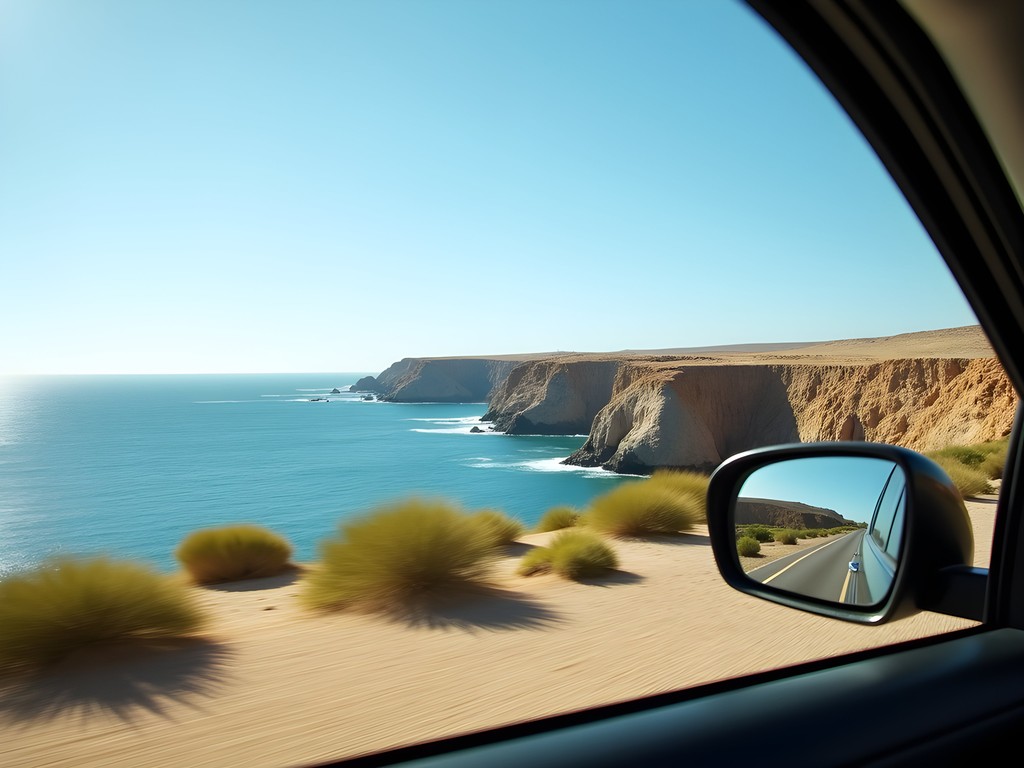
💡 Pro Tips
- Arrange your visa in advance through your country's Djiboutian embassy or consulate
- Book flights well ahead—connections to Djibouti can fill quickly, especially during whale shark season
- Have some euros or US dollars ready for arrival—they're widely accepted alongside the Djiboutian franc
Base Camp: Where to Stay in Djibouti
Djibouti City serves as the perfect home base for coastal explorations. After researching options with the same attention to detail I'd give to finding the perfect seat at Fenway Park, I settled on the Kempinski Hotel Djibouti. At around $180 per night, it sits squarely in the mid-range category for Djibouti (though it would be considered luxury in many other destinations). The rooftop pool offering panoramic views of the Gulf of Tadjoura sealed the deal.
For those seeking a more boutique experience, Residence Lagon Bleu offers apartment-style accommodations with kitchenettes—perfect for couples who might want to try their hand at preparing local seafood. Prices hover around $120-150 per night.
If you're planning extended day trips (which you absolutely should), location becomes less crucial than comfort and reliability. After long days exploring volcanic lakes and swimming with marine life, having a consistent home base with reliable air conditioning and hot water becomes your MVP.
No matter where you stay, I'd recommend packing a portable water filter. Tap water isn't safe to drink, and while bottled water is readily available, having your own filtration system reduces plastic waste and ensures you're never caught dehydrated during excursions.
One unexpected delight was the genuine warmth of hospitality staff throughout Djibouti. Unlike some overtouristed destinations where visitor fatigue sets in, the Djiboutian people I encountered seemed genuinely pleased to share their country with curious travelers. My hotel receptionist, Amina, spent one evening drawing me a detailed map of her favorite local spots—the kind of authentic interaction that reminds me why I left that corporate desk job in Chicago years ago.
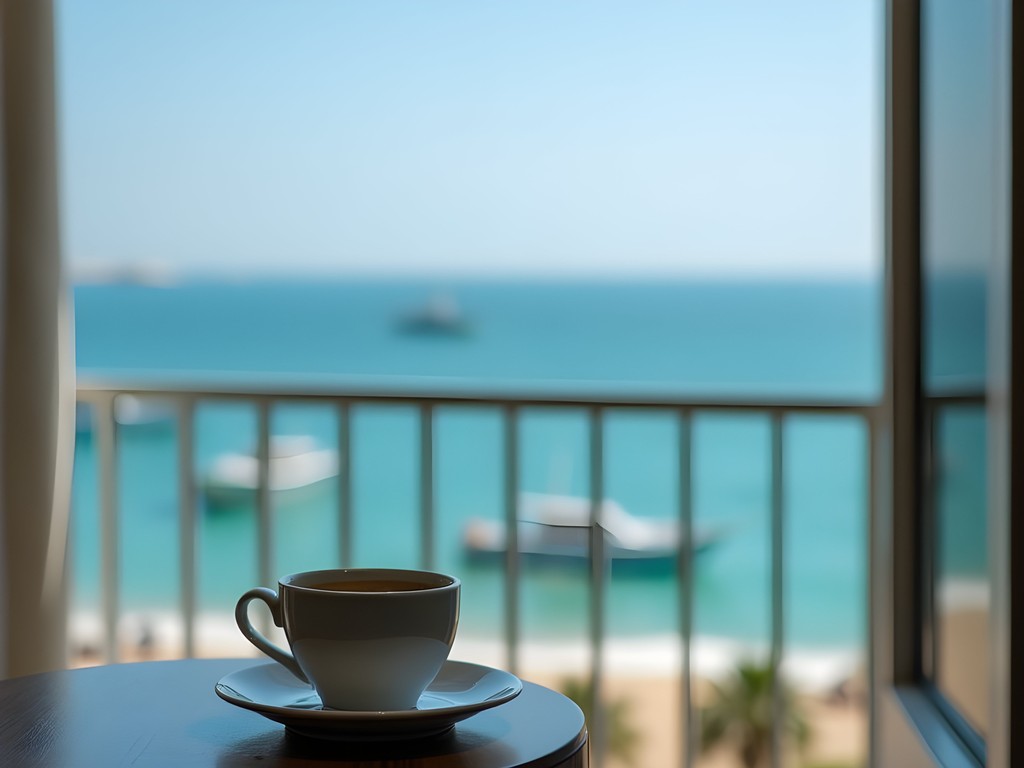
💡 Pro Tips
- Book accommodations with backup generators—power outages can occur
- Request rooms away from street noise if staying in Djibouti City
- Consider splitting your stay between the city and a coastal resort for varied experiences
Swimming with Giants: Whale Shark Encounters
If Djibouti were a baseball game, swimming with whale sharks would be the grand slam moment. From November through February, these gentle giants—the largest fish in the sea—congregate in the Gulf of Tadjoura. Despite their intimidating size (reaching up to 40 feet long), they're filter feeders with zero interest in making a meal of humans.
I booked my excursion through Dolphin Services, one of several reputable operators in Djibouti City. At $120 per person, it wasn't cheap, but for a potentially once-in-a-lifetime experience, it felt like fair admission to nature's most impressive aquatic show. The full-day trip included transportation to Arta Beach, equipment, an experienced guide, and lunch.
Nothing in my decades of travel prepared me for that first underwater glimpse—a massive spotted form emerging from the blue, moving with impossible grace for something so large. My underwater camera barely captured the scale, but the mental image is permanently etched in my memory banks.
What struck me most was the profound gentleness of these creatures. Having spent years documenting coastal conservation efforts in Oregon, I've developed a deep appreciation for marine ecosystems. Here was a perfect example of sustainable tourism: local guides enforcing strict protocols (no touching, limited numbers of swimmers) while providing economic incentives for protection rather than exploitation.
A note on responsible swimming: while it's tempting to chase these magnificent animals for that perfect photo, resist the urge. Our guide, Mohammed, emphasized the importance of letting the whale sharks set the terms of engagement. The most magical encounters happened when we remained calm, floating quietly as they glided past with what I swear looked like curiosity in their tiny eyes.
For couples, there's something uniquely bonding about sharing such an extraordinary experience—that wordless glance underwater when you both witness something so majestic it defies description. Just remember to discuss comfort levels beforehand; while the excursion doesn't require advanced swimming skills, being comfortable in open water is essential.
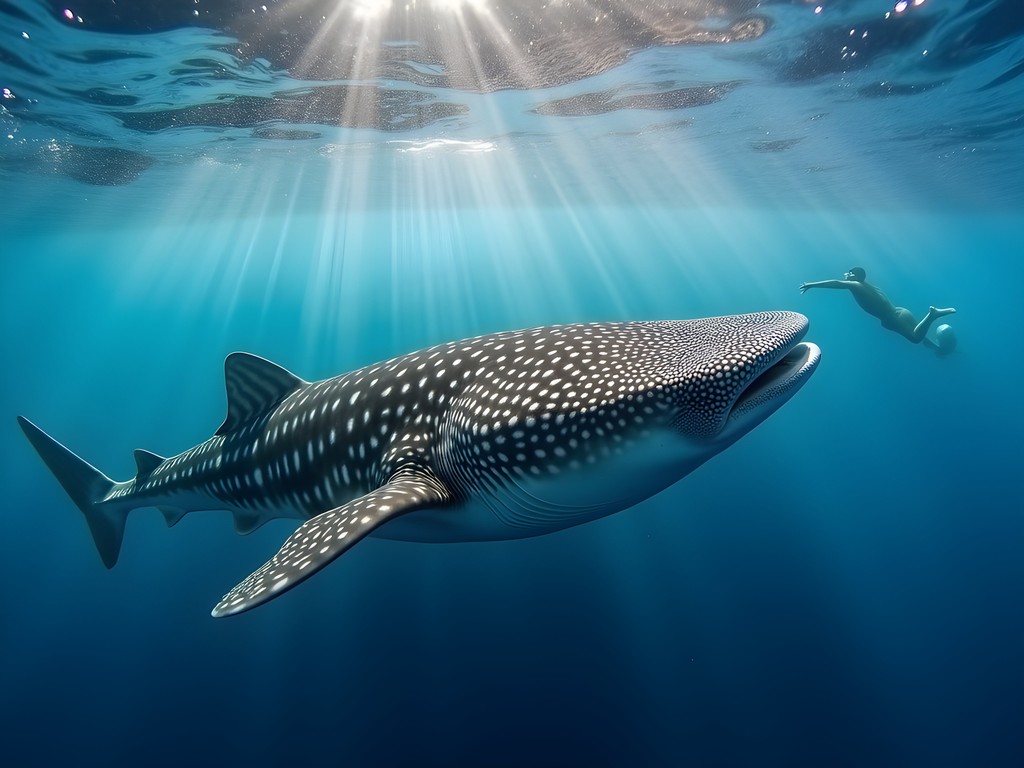
💡 Pro Tips
- Book whale shark excursions at least a day in advance—spots fill quickly in peak season
- Apply reef-safe sunscreen generously—the equatorial sun is intense even on cloudy days
- Bring your own snorkel mask if you have one that fits well—rental equipment quality varies
Volcanic Wonders: Lake Assal and Lake Abbe
If whale sharks are Djibouti's headliners, the country's volcanic landscapes deserve equal billing on the marquee. Lake Assal sits 155 meters below sea level, making it the lowest point in Africa and the third lowest on Earth. The drive there—about two hours from Djibouti City—offers a master class in geological drama.
I'm no stranger to scenic drives, having documented countless coastal routes across multiple continents, but the road to Lake Assal plays in an entirely different league. Imagine winding through terrain that transitions from sparse desert to lunar-like expanses, with the occasional camel caravan providing scale to the vastness.
Lake Assal itself is a study in contrasts: blindingly white salt flats surrounding a turquoise lake that appears almost artificially colored. The salt concentration exceeds that of the Dead Sea, making floating effortless—though the crystalline edges can be sharp, so pack water shoes or aqua socks for comfortable exploration.
For the more adventurous, an overnight excursion to Lake Abbe near the Ethiopian border reveals landscapes so otherworldly they served as filming locations for the original Planet of the Apes. The limestone chimneys—some reaching 50 meters high—vent steam at dawn, creating a primordial atmosphere that feels like witnessing Earth's creation.
My guide, Elmi, explained how these formations resulted from the meeting of three tectonic plates—a rare geological convergence that essentially puts you at the birthplace of a future ocean. As a maker and DIY enthusiast, I couldn't help but appreciate nature's engineering on such a grand scale.
Both lakes require guided tours—this isn't territory for independent exploration. Expect to pay around $250-300 per couple for a day trip to Lake Assal, and $400-500 for an overnight Lake Abbe experience including camping. While not cheap, these rates typically include transportation, meals, and expert guidance through landscapes that demand local knowledge for safe navigation.
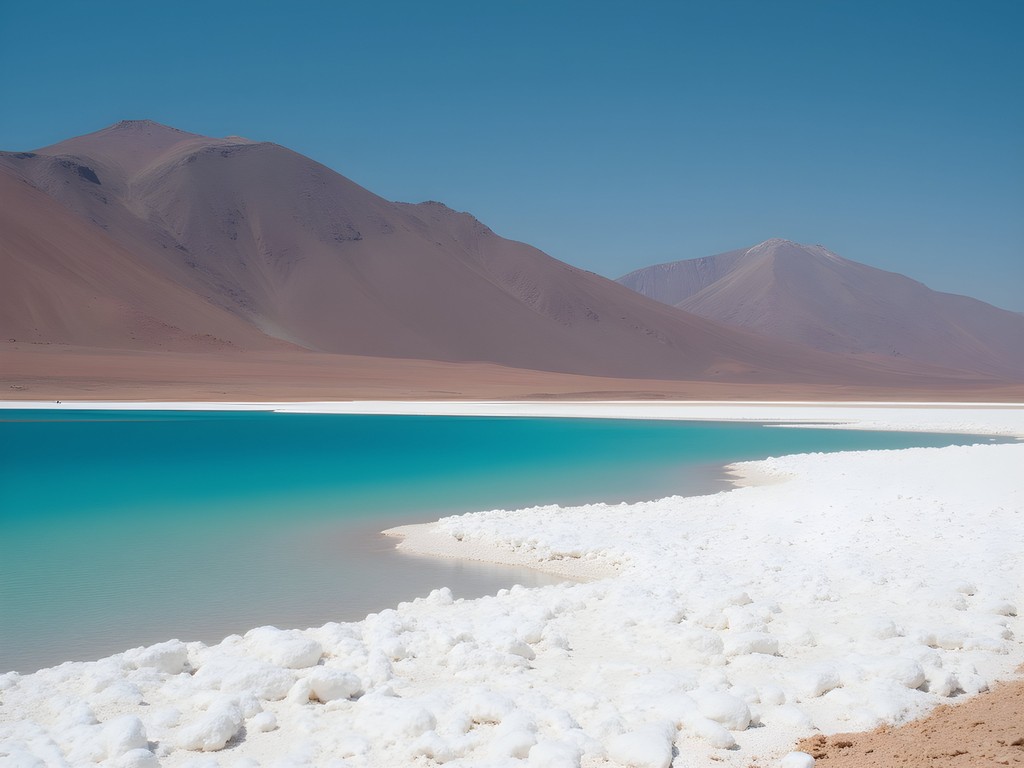
💡 Pro Tips
- Pack closed-toe shoes for volcanic terrain—the rocks can be sharp and hot
- Bring at least 2 liters of water per person for day trips
- Prepare for minimal facilities—bathroom options are limited once you leave Djibouti City
Coastal Treasures: Moucha Island and Beyond
While whale sharks may be Djibouti's marine celebrities, the supporting cast deserves serious attention. Moucha Island, a small coral island about 30 minutes by boat from Djibouti City, offers snorkeling and diving that rivals more famous destinations without the crowds.
I spent a day with Siyad, a local dive master who's been exploring these waters for over twenty years. His knowledge of the reef systems reminded me of how baseball fans can recite stats from decades past—detailed, passionate, and surprisingly specific. "This coral formation," he explained, pointing to a massive table coral, "has grown about three centimeters since last year. We're lucky—our waters haven't faced the bleaching events affecting other regions."
The snorkeling around Moucha revealed healthy coral gardens teeming with butterflyfish, parrotfish, and the occasional reef shark. The water clarity was exceptional—I could spot details from the surface that would require close inspection elsewhere. For underwater documentation, my dive light illuminated crevices where moray eels and lobsters hid from the midday sun.
For couples seeking privacy, operators can arrange picnic lunches on secluded beaches where the only footprints in the sand will be your own. These experiences typically run $80-100 per person, including transportation and meals.
Further along the coast, the Bay of Ghoubbet offers dramatic snorkeling where steep underwater cliffs drop into deep blue. The contrast between the harsh, volcanic landscape above water and the vibrant ecosystem below creates a juxtaposition that captures Djibouti's unique appeal.
What struck me throughout these coastal explorations was the relative absence of other tourists. Having documented increasingly crowded beaches from Oregon to the Caribbean, finding such pristine environments without the accompanying masses felt like discovering a hidden ballpark where you could actually hear the crack of the bat without competing noise.
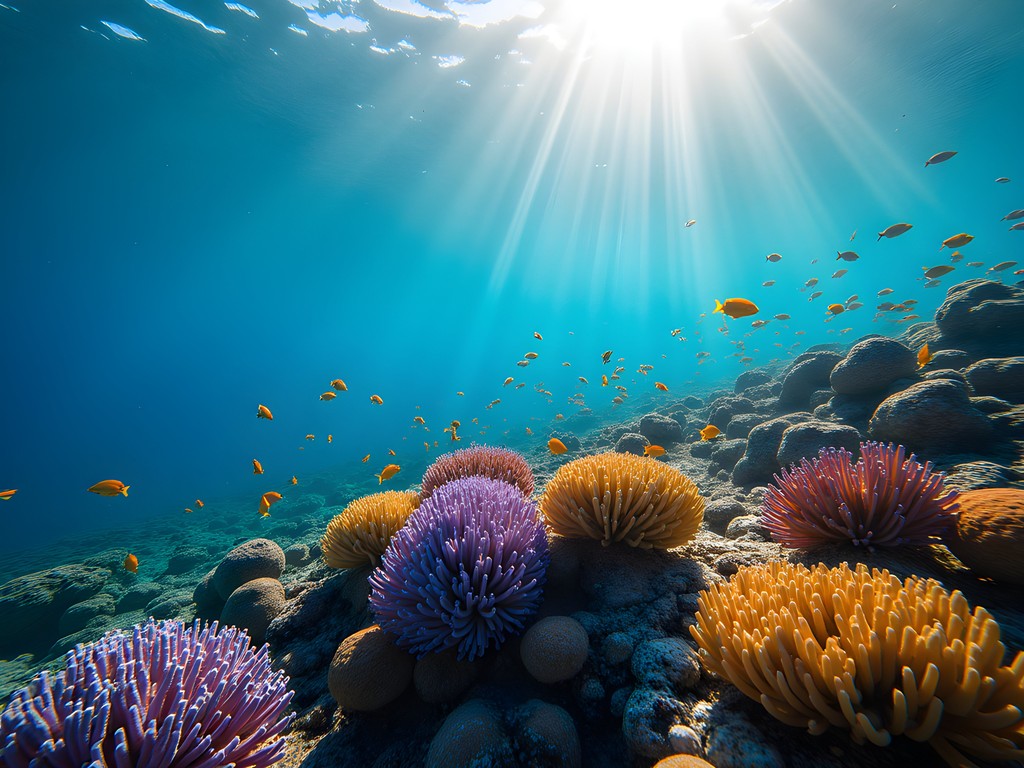
💡 Pro Tips
- Arrange boat trips to islands early in the morning for calmer seas and better visibility
- Pack a dry bag for cameras and electronics—boat transfers can get splashy
- Bring cash for unexpected opportunities like local fishermen offering fresh catches for lunch
Cultural Connections: Beyond the Beaches
While Djibouti's natural wonders rightfully command attention, the cultural landscape offers equally rewarding exploration. As someone who's experienced the complexities of navigating different cultures as a mixed-race American abroad, I found Djibouti's multicultural fabric particularly fascinating.
Djibouti City's European Quarter speaks to the French colonial influence, while the African Quarter pulses with the energy of markets and street life. The central market, or Marché Central, provides a sensory immersion course in local culture—vendors call out their wares in a mixture of French, Arabic, Somali, and Afar languages.
For couples looking to bring home meaningful souvenirs, I'd recommend seeking out traditional Afar woven baskets or handcrafted jewelry incorporating Red Sea coral (ensure it's ethically sourced from sustainable operations). My personal find was a beautifully crafted coffee set that now serves as the centerpiece for storytelling sessions back in Liverpool.
One evening, I joined a small cooking class organized through my hotel, learning to prepare traditional Yemeni-influenced dishes that reflect Djibouti's position at the crossroads of cultures. The instructor, Kadija, demonstrated techniques passed down through generations while explaining how recipes adapted to incorporate local ingredients.
The dining scene offers surprising variety for a small nation. Les Caisses restaurant serves excellent French-influenced seafood, while Mukbasa offers authentic Yemeni cuisine including mouthwatering mandi (spiced rice with lamb). For casual dining with spectacular views, La Mer Rouge along the corniche combines fresh catches with sunset panoramas.
During my visit, I was fortunate to witness impromptu performances of Afar dance near Lake Abbe—rhythmic movements that tell stories of pastoral life and historical events. What struck me was how these traditions persist alongside modern influences, creating a cultural mosaic that defies simple categorization.
For those interested in deeper cultural understanding, I'd recommend carrying a pocket phrasebook. While French and Arabic are official languages, even basic greetings in local tongues earn appreciative smiles and often open doors to more meaningful interactions.
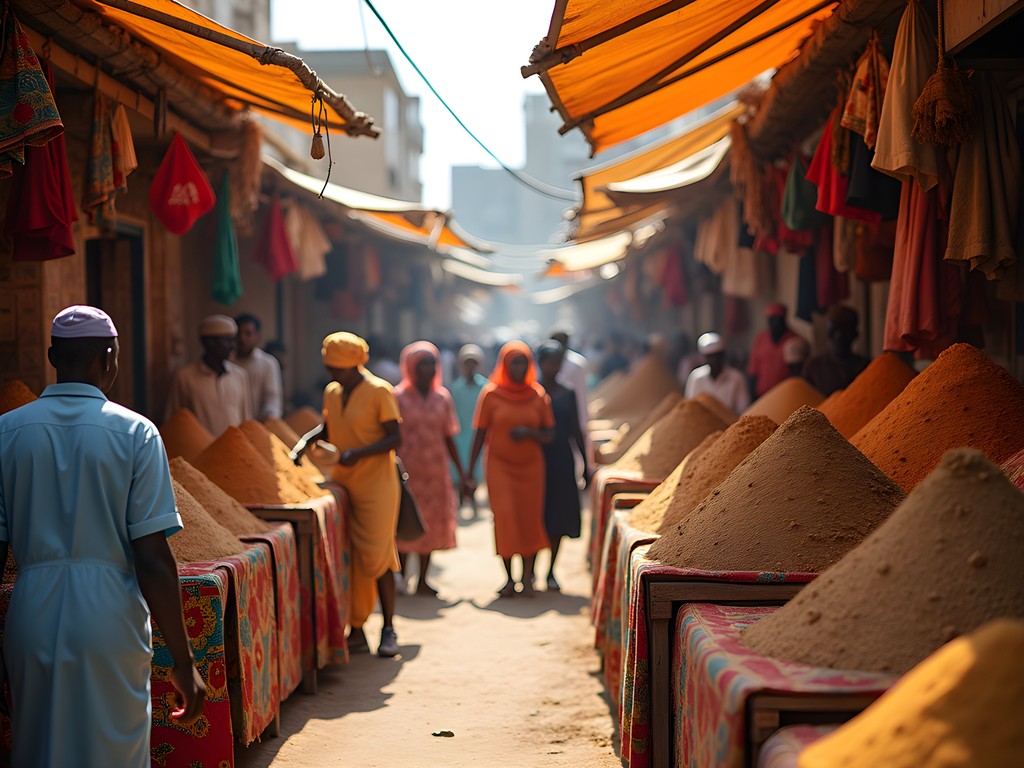
💡 Pro Tips
- Ask permission before photographing people—a simple gesture request goes a long way
- Dress modestly when exploring local communities—shoulders and knees covered for both men and women
- Learn basic greetings in French and Arabic to facilitate warmer interactions
Final Thoughts
As my week in Djibouti drew to a close, I found myself mentally cataloging this destination in a category all its own—not quite Africa, not quite Middle East, but something beautifully distinct. For couples seeking connection through shared discovery, Djibouti offers rare treasures: encounters with marine giants, landscapes that challenge your perception of Earth's possibilities, and cultural experiences unmarred by mass tourism. The journey isn't always smooth—infrastructure can be challenging, and comforts sometimes limited—but isn't that the hallmark of the most rewarding travel? Like a perfect game in baseball, the magic lies partly in the rarity. Djibouti may never become the next Maldives or Bali, and that's precisely its strength. For now, it remains a destination for travelers rather than tourists—those willing to venture beyond familiar paths to find experiences that genuinely expand their understanding of our planet's diversity. As I boarded my departure flight, sand still clinging to my camera bag, I couldn't help but feel I'd discovered a destination that would someday make me say, 'I knew it when...'
✨ Key Takeaways
- Winter (November-February) offers the perfect combination of moderate temperatures and whale shark encounters
- Building relationships with local guides provides access to experiences no guidebook can list
- Balancing beach activities with cultural exploration creates a more meaningful connection to Djibouti
- Responsible tourism practices are essential to preserving this relatively undiscovered destination
📋 Practical Information
Best Time to Visit
November through February (winter)
Budget Estimate
$150-250 per day per couple (excluding flights)
Recommended Duration
7-10 days
Difficulty Level
Moderate

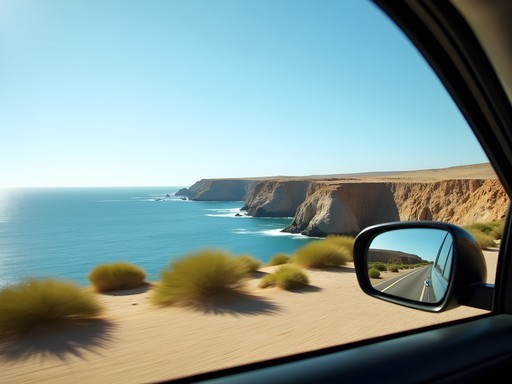
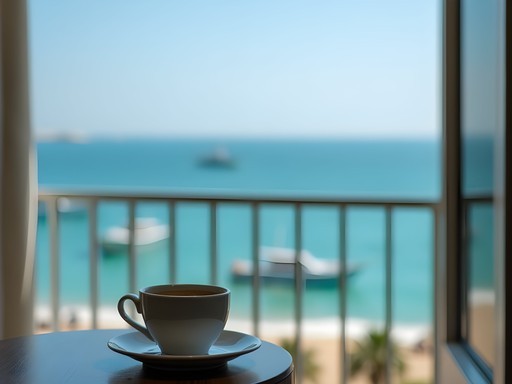
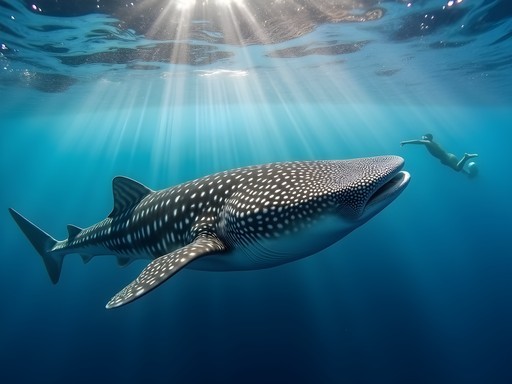
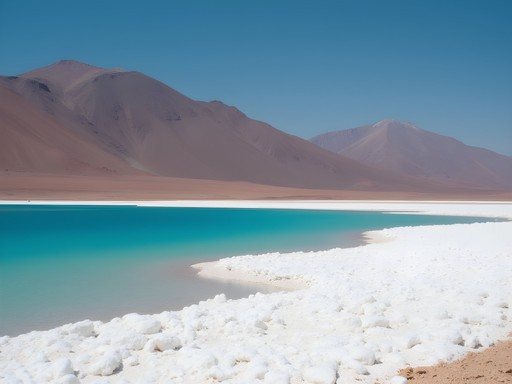
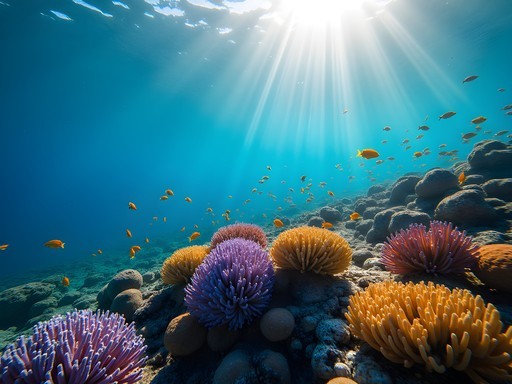
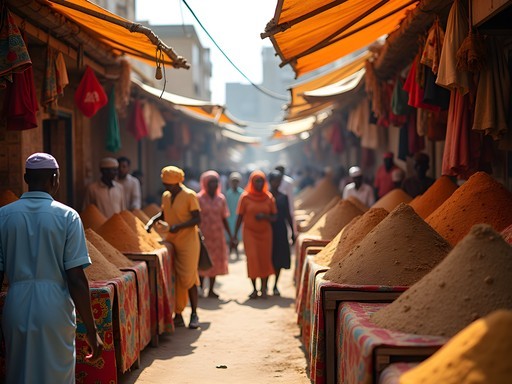



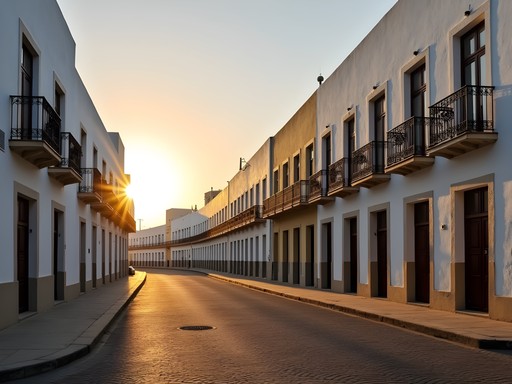
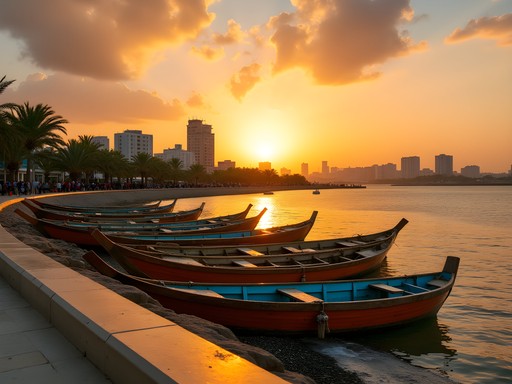
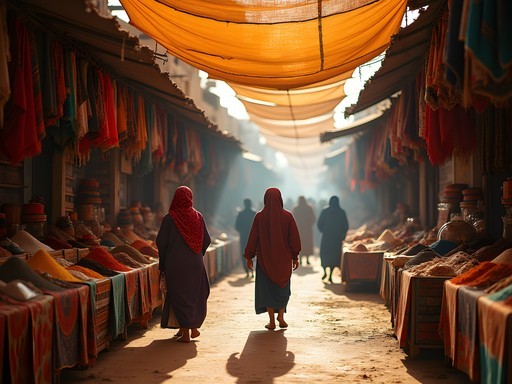

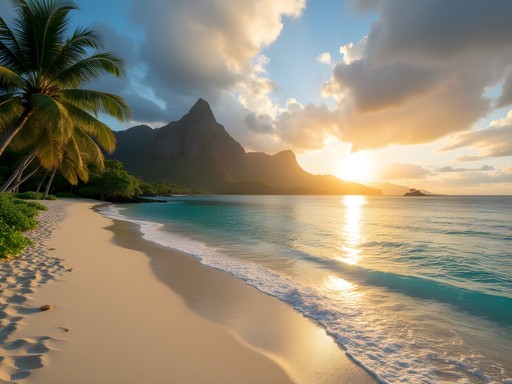

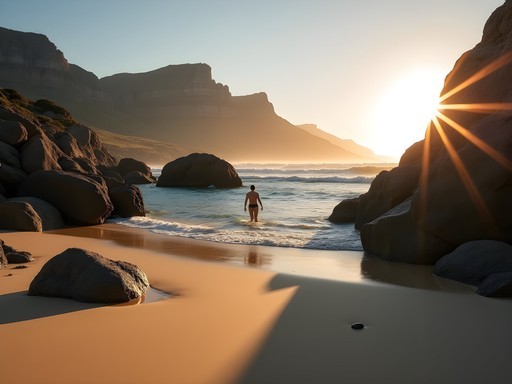
Comments
Gregory Boyd
Skylar, excellent write-up on the whale shark encounters. I spent two weeks in Djibouti back in 2022 and the diving around the Seven Brothers Islands was genuinely world-class—comparable to what I've experienced in the Red Sea proper, but with virtually no other divers around. The visibility was exceptional, and the coral health surprised me given how little attention this region gets. One tip for readers: if you're planning to do multiple dives, book directly with local operators in Djibouti City rather than through international tour companies. I saved about 40% and got much more personalized service. The French influence means communication is easier than in many East African destinations if you speak even basic French.
sunsetgal
Do you need to speak French to get around?
Gregory Boyd
Not essential but helpful. Most tourism operators speak English, but French definitely makes things smoother outside the main tourist areas.
sunsetgal
Never even heard of this place! Looks amazing though
Gregory Boyd
Same reaction I had a few years back! It's criminally underrated for marine life.
moonninja
That shot of Lake Assal is incredible! The colors look unreal. Great post!
starstar
Those beaches look amazing! What's the best time of year to visit?
Skylar Woods
October to April is generally best - outside the intense summer heat. November-January is prime whale shark season!
starstar
Perfect, thanks! Thinking about a January trip now!
wildlegend
How's the internet connectivity there? Need to stay somewhat connected for work emergencies while traveling.
islandexplorer
Not Skylar, but I found the wifi decent in Djibouti City hotels but spotty elsewhere. I bought a local SIM card (Djibouti Telecom) at the airport and had surprisingly good 4G coverage even in remote areas!
journeychamp7120
Just booked tickets to Djibouti after reading this!!! Can't wait to see those beaches! Thanks for putting this place on the map!
Skylar Woods
That's amazing! You're going to have such a great time. Feel free to DM me if you need any specific recommendations!
Jennifer Rodriguez
This is such a comprehensive guide to Djibouti! I visited on a budget last year and found some additional cost-saving tips: 1) Stay at Menelik Hotel instead of Kempinski - basic but clean and 1/3 the price, 2) Negotiate shared tours with other travelers at your hotel, we saved 40% this way, 3) The local fish market has incredible seafood for pennies compared to restaurants. For whale sharks, I used my underwater camera which handled the salt water perfectly. One thing to note - November-January has the best visibility for whale sharks based on my research with marine biologists there.
Claire Hawkins
I took my 10-year-old twins to Djibouti last year after reading about the whale sharks, and it was the highlight of their young lives! We stayed at Kempinski in Djibouti City which was surprisingly kid-friendly. The staff at our hotel arranged a special beginner snorkeling session for the kids before we went out to see the whale sharks. The guides were so patient explaining marine conservation to them. One tip for families: the road to Lake Abbe is ROUGH, so if your kids get carsick easily, bring medication. My daughter was fine but my son was green by the time we arrived! Worth every bumpy minute though.
islandexplorer
Great post! I did the public transportation route from Ethiopia to Djibouti last year and while it was definitely an adventure, I'd recommend splurging on a flight if your budget allows. Those buses were something else! The whale sharks made it all worth it though.
Skylar Woods
Haha, yes those buses are quite the experience! Definitely agree that flying is worth the splurge if possible.
Stephanie Romano
Your post brought back so many memories! We took our kids (8 and 11) to Djibouti last fall and they still talk about swimming with whale sharks. Our guide Mohammed was incredible with them. We stayed at the Kempinski like you recommended and the kids loved the pool after hot days exploring. Lake Assal was another hit - they couldn't believe they were floating like in the Dead Sea! Did you make it to Moucha Island? The snorkeling there was some of the best we've experienced anywhere in the world.
Venture X
Premium card with 2X miles, $300 travel credit, Priority Pass